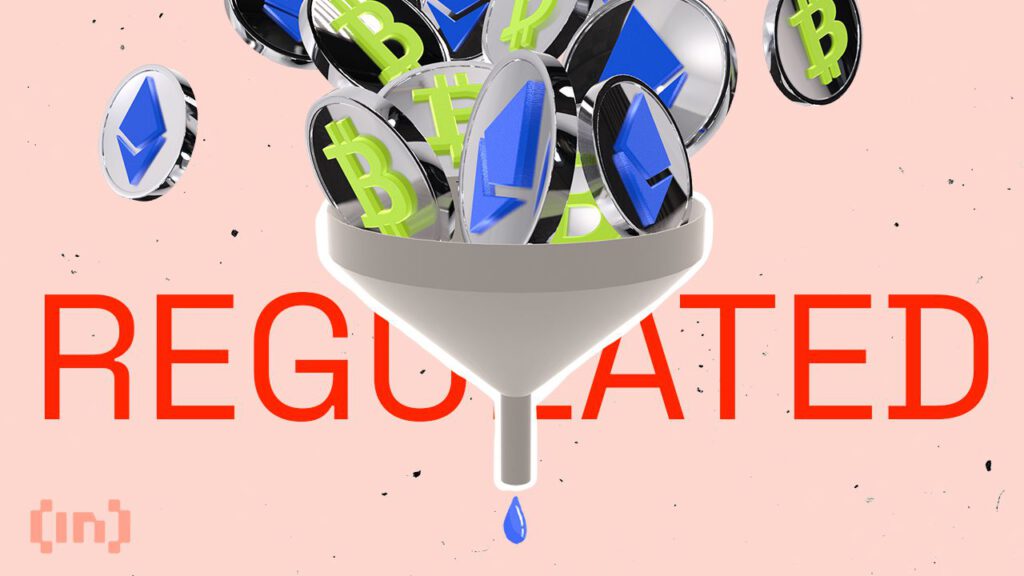The Biden administration has urged Congress to accelerate the rollout of a regulatory framework for crypto and digital assets as a United Nations report warns of a Fed-induced global recession.
The pressure is mounting in the United States to speed up its crypto regulation process, and officials have warned that further delays could put investors at risk.
According to the Financial Times, the U.S. Financial Stability Oversight Council issued a report on Oct. 3 urging lawmakers to come to an agreement on regulating crypto spot markets. Officials close to the congressional negotiations said they were still “months away” from passing legislation, meaning that nothing is likely to happen this year.
Both the Securities and Exchange Commission (SEC) and the Commodity Futures Trading Commission (CFTC) have been grappling for authority to regulate digital assets, the former wanting to class them as securities which would be a huge step backward for the industry.
However, the FSOC’s report suggested inter-agency cooperation to close any loopholes that allow operators to find favorable regulations. It stated:
“Some crypto asset businesses may have affiliates or subsidiaries operating under different regulatory frameworks, and no single regulator may have visibility into the risks across the entire business.”
Recession warning from the UN
The regulatory push comes as a damning United Nations report claims central bank monetary policy could cause a global recession.
On Oct. 3, the United Nations Conference on Trade and Development (UNCTAD) issued a report stating that world economic growth will slow to 2.5% in 2022 and fall to 2.2% in 2023. Its slowdown will cost the world around $17 trillion, with developing countries being hit the hardest, it stated.
Central banks such as the Federal Reserve have been aggressively raising interest rates “threatening to cut off growth altogether and making life much harder for heavily indebted firms, households, and governments,” it added.
U.S. rate hikes are hitting poorer households and economies the hardest. Around 90 developing countries have seen their currencies weaken against the dollar this year, with a third of them being hit by more than 10%, it reported.
Weaker currencies generally mean less money available for investments, including crypto. On the flip side, failing fiat could result in a pivot to crypto assets as a hedge against their own currency’s devaluation.
Good for America, bad for the world
A strong dollar exacerbates the cost of living and food and energy crisis as it increases the price of imports in developing countries.
“This year’s interest rate hikes in the United States, for example, could cut $360 billion of future income for developing countries.”
The report concluded that large multinational corporations with considerable market power “appear to have taken undue advantage of the current context to raise markups to boost profits,” at the expense of the world’s poorest nations.
Disclaimer
All the information contained on our website is published in good faith and for general information purposes only. Any action the reader takes upon the information found on our website is strictly at their own risk.


